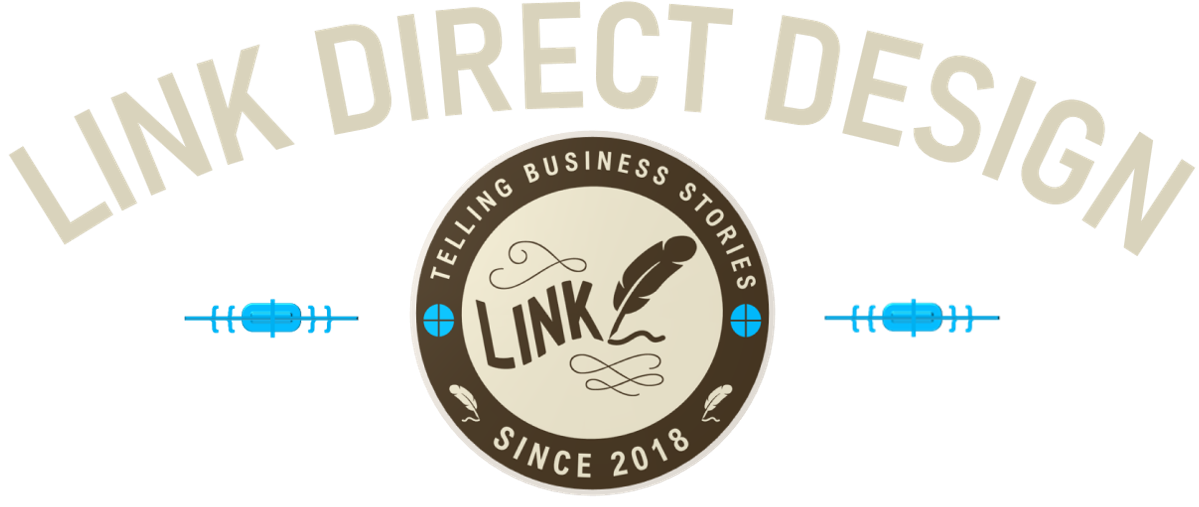Rick Link, Small Business Warrior
Rick Link
Don’t Follow - Break Rules
Rick has helped small and mid-sized businesses put marketing differentiation to work to better compete in hyper-competitive selling environments.
Rick got his early experience with six years of marketing, advertising and product packaging design for two tech start-ups firms in the basketball town of Lawrence, KS. One of those companies sent the first weather satellite analysis equipment to the National Weather Service and similar groups in countries like Russia and Germany. The other developed the first amateur radio Morse code reading devices and in that process also introduced “packet” technology to the world. It is used today in every digital interaction sent across the internet.
“Selling what you actually sell is your second priority. Your first priority is showing your company can improve another company’s top line, bottom line or comfort level. You do that by demonstrating expertise and a unique approach.
“It’s not about what you think of yourself. Forget, ‘the area’s finest,’ ‘the leader in our field’ and ‘your one-stop resource.’
“Build, don’t brag. Make your communications informative but fun, valuable to spend time engaging with, modest - and you will earn followers, fans and buyers.”
That early experience taught the lesson that small business needs to communicate to succeed, and the importance of making a sales impact quickly on limited budgets. Meanwhile, he graduated from magazine editing and marketing at the William Allen White School of Journalism on the University of Kansas campus.
Later, Rick transitioned to Chicago to help Lien Infection Control Systems convince businesses the value of keeping employees healthy with workplace hygiene. It was a new concept, one not widely appreciated at the time. To set the Lien System apart, Rick and his team designed service protocols that took advantage of large-capacity dispensing systems from Europe while closing areas being cleaned for very short periods of time. Daytime servicing of hygiene and custodial work for key areas was introduced in an industry that had always handled those functions at night before. Today, it is often considered a best practice because users and service techs are able to interact.
Dispensing of protected contents and limited touch points was also introduced to an industry still widely using bar soaps and exposed tissue and towels in public wash areas. Today, low- and no-touch are expected.
Rick returned to entrepreneurial roots by introducing Business Health/Clean Delivery in Kansas City. Business Health was the first to apply Automatic Inventory Management (AIM) in the business hygiene supply industry. Known commonly today as “vendor-managed inventory,” it provided a completely unique selling proposition that resulted in capturing new customers from much larger companies. That model allowed for streamlined routing, lowered inventory through demand-smoothing, smaller fleet delivery vehicles and better-than-industry-average margins.
Linanster, CC BY-SA 4.0, via Wikimedia Commons
After selling the Clean Delivery platform, Rick was invited to join a regional janitorial supplier in the Midwest and former competitor. To help that business expand in a reclining market during the Great Recession, he leveraged continual cleaning education and pandemic planning to differentiate. Looking into the future needs of business, Rick organized the region’s first pandemic planning seminar at Union Station in downtown Kansas City, MO, in 2010. While other distributors were receeding in this competitive market, which was shifting to companies like Amazon and WebRestaurant, this concept helped that distributor grow by several million dollars against strong headwinds.
Rebranding introduction to delivery fleet.




